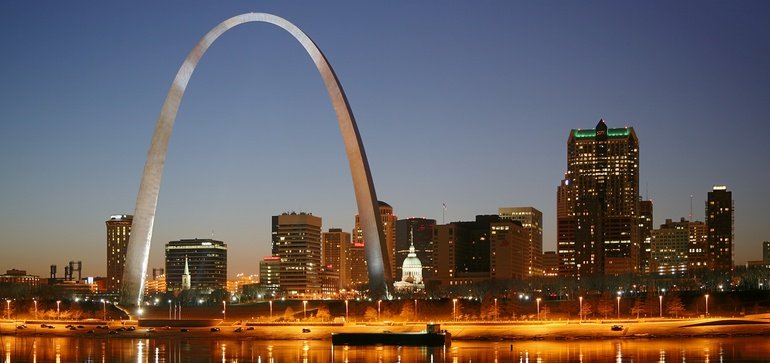INSIGHT:
The D.C. Circuit ruling comes as FERC is reassessing its 1999 pipeline certification policy — in part, an effort to more closely examine the environmental and landowner impacts of those infrastructure approvals — and finds that the commission has not been compliant with the policy as it currently exists.
Spire STL had acknowledged in its initial filing with FERC in 2017 that additional capacity was not needed in the region where it intended to build. Rather, it argued its pipeline was needed to bolster reliability in the region, reduce reliance on older gas pipelines and eliminate reliance on propane peak-shaving infrastructure — something the company later revealed it had only used for three days total between 2013 and 2018.
After failing to find a shipper to enter into a preconstruction contract with, the company entered into an agreement with its own affiliate, Spire Missouri, for 87.5% of the pipeline’s capacity. The commission, in its 2018 ruling approving the project, found this agreement was sufficient in proving a need for the pipeline. Then-commissioner Richard Glick, who is now chair of FERC, opposed the order, along with former Commissioner Cheryl LaFleur, arguing the commission should have ordered an independent study to consider market need.
The D.C. Circuit, in its decision, disagreed with the majority of the commission that its review constituted an appropriate deliberation of the project’s benefits. Further, it found the commission ignored “plausible evidence of self-dealing,” and in ignoring that evidence and not adequately proving need, the commission was in violation of its own policy statement, which dictates what the agency must consider when approving gas infrastructure.
“FERC’s failure to engage with … evidence did not satisfy the requirements of reasoned decisionmaking,” the court found. “Indeed … FERC’s ostrich-like approach flies in the face of the guidelines set forth in the Certificate Policy Statement.”
Glick cited his dissent on the initial order in a tweet commenting on the D.C. Circuit ruling. FERC “must consider all relevant factors when determining need for a project & balance that evidence vs. adverse impacts,” he said. “Today’s decision shows when FERC cuts corners, it puts its decisions & investments made on those decisions, at substantial risk.”
Despite requests for rehearing on the project, tolling orders allowed the company to move ahead with construction, and the pipeline has been fully operational since 2019. But pending the court’s issuance of a mandate officially stripping the project of its certification, the Spire STL pipeline will no longer be legally allowed to operate, according to Gillian Giannetti, an attorney with the Natural Resources Defense Council’s Sustainable FERC project, marking a rare case where a court has revoked a FERC-issued pipeline certificate after a project was already operational.
In the case of the Sabal Trail Pipeline in 2018, the D.C. Circuit also revoked its license to operate after the project had begun construction, but FERC was able to maintain cerfications for the pipeline after conducting an additional environmental review. But in this case, its hard to “envision a circumstance in which FERC could rectify the legal infirmities,” Giannetti said, suggesting the project may need to be taken out of service.
Spire STL said the decision could be “detrimental” to the region.
“We have trusted and relied upon the established FERC process and precedent to build and operate the STL Pipeline, but three years after approval was granted by the FERC, it appears that reliable and critical energy access to 650,000 homes and businesses throughout the St. Louis region now could be in jeopardy,” said a spokesperson from Spire STL Pipeline in an emailed statement.
“The Spire STL Pipeline has more than proven it is essential,” the statement continued. “That was never more true than during last February’s polar vortex. While other parts of the Midwest struggled with supply and extremely high costs, the STL Pipeline ensured the St. Louis region had access to reliable, affordable energy, when it needed it most.”
The path forward for the project is definitely murky, said Giannetti.
“It’s going to be a mess,” she said. “It’s an unprecedented mess of FERC’s own creation.”
The case will also have “historic” implications on future and current gas infrastructure projects, for example on the ability of the Jordan Cove liquified natural gas facility to move forward, according to Giannetti.
“This case will get cited again, and again, and again,” she said. “Everybody’s going to try and show how their case is Spire, too. And FERC now knows that if it sticks its fingers in its ears and greenlights projects that clearly are not needed, that the D.C. circuit is going to hold the agency to task.”

